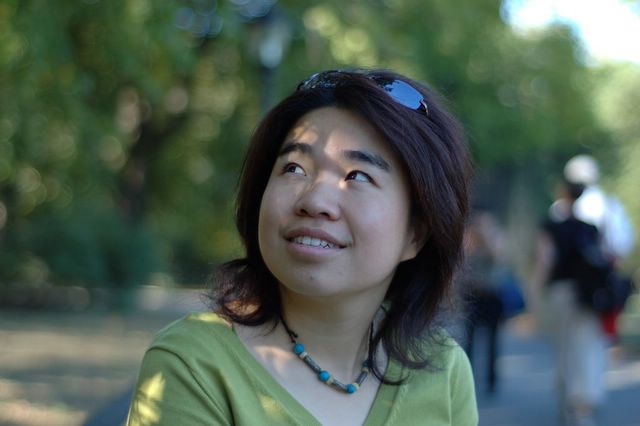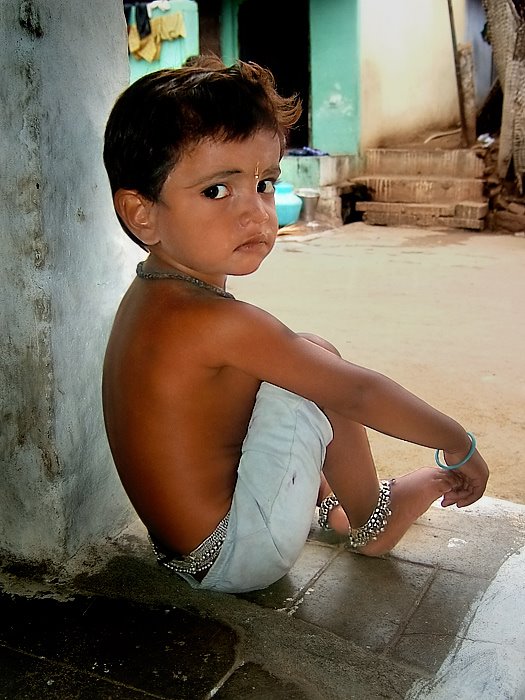
copy from New York Times.
June 18, 2007
Music Review
Hey, Giovanni, Put a Shirt on. You’ll Catch Cold.
By ANTHONY TOMMASINI
Correction Appended
LONDON, June 17 — The Royal Opera House in Covent Garden recently broadcast its production of Mozart’s “Don Giovanni” on outdoor screens around this city, part of the BP Summer Big Screens initiative. The revival of this grippingly spare and psychologically probing 2002 staging by the director Francesca Zambello, shown on Friday evening, was especially suited to big-screen close-ups thanks to an exceptionally attractive and involving cast.
I knew what to expect from the soprano Anna Netrebko’s lushly sung, emotionally vulnerable and glamorous Donna Anna. The surprise was the riveting Giovanni: the seductively handsome young Uruguayan bass Erwin Schrott, who boasts a strong, dusky voice and chiseled physique. Exuding charisma, he galvanized the audience with his unabashedly narcissistic portrayal. Advance hype, likening him to a young operatic Marlon Brando, made me wary. Vocally, though a fine singer, Mr. Schrott is not the next Sherrill Milnes. But he is certainly a stage animal. Opera houses everywhere will soon be clamoring for him, though he had better pick his roles carefully.
He slipped into the Metropolitan Opera’s roster with a low-profile debut in 2000, singing Colline in “La Bohème.” From all reports his Don Giovanni last summer during the Met’s tour of Japan (with Ms. Netrebko as Donna Anna) was a big success.
It is hard to separate the impact of Mr. Schrott’s portrayal from the context of the production here, with set and costume designs by Maria Bjornson, who died in 2002. The stage is dominated by a large, grim-looking curved wall that on one side resembles a timeless Spanish sepulcher of blackish-blue bricks, with a statue of the Virgin Mary perched near the top overlooking the action. The wall rotates to reveal the painted courtly interiors of Giovanni’s palace and other images.
In the first scene the upper wall parts to reveal Mr. Schrott’s Giovanni, dressed as a masked Spanish pirate, his red vest exposing his muscled chest. His arms entrap Ms. Netrebko’s struggling Donna Anna, though with every quiver her weakness for the seducer is palpable, until she allows herself to be kissed passionately. The production suggests that it takes the death of her father, the Commendatore (Reinhard Hagen), in a duel with Giovanni to summon a daughter’s guilt and set Donna Anna on a path, however ambiguous, to punishing the offender.
Ms. Netrebko had missed the first two performances due to illness, and her voice sounded a little hard-pressed and unsteady. But singing with melting poignancy and gleaming power, she was an anguished and riveting Donna Anna.
 The bright-voiced soprano Ana María Martínez gave a vocally agile and emotionally fraught portrayal of Donna Elvira, unhinged in her determination to find Giovanni, who had abandoned her, and shame him into loving her. She first appears as a pathetically comic pursuer, riding in a cagelike cart carried by four male servants, a rifle slung on her back, a telescope in her hands.
The appealing and hardy-voiced bass-baritone Kyle Ketelsen was an endearing Leporello, though he conveyed that character’s seething class resentments against his boss. The veteran tenor Michael Schade’s Don Ottavio was a well-meaning stuffed shirt.
The bright-voiced soprano Ana María Martínez gave a vocally agile and emotionally fraught portrayal of Donna Elvira, unhinged in her determination to find Giovanni, who had abandoned her, and shame him into loving her. She first appears as a pathetically comic pursuer, riding in a cagelike cart carried by four male servants, a rifle slung on her back, a telescope in her hands.
The appealing and hardy-voiced bass-baritone Kyle Ketelsen was an endearing Leporello, though he conveyed that character’s seething class resentments against his boss. The veteran tenor Michael Schade’s Don Ottavio was a well-meaning stuffed shirt.
Though Sarah Fox, a young soprano, had shaky vocal moments as Zerlina, she projected the country gal’s perky sweetness. By the end of this disturbing day Zerlina has learned to appreciate her rustic, barrel-chested, good-hearted Masetto, the sturdy bass Matthew Rose. Ivor Bolton conducted a stylish, supple and tellingly paced performance.
In the final scene Mr. Schrott’s Giovanni showed up for his dinner shirtless, dripping with perspiration and looking crazed, as if he was anticipating his coming demise. He descended to the hellish underworld amid pillars of fire all around him, an image I’ll take home with me from London.


没有评论:
发表评论